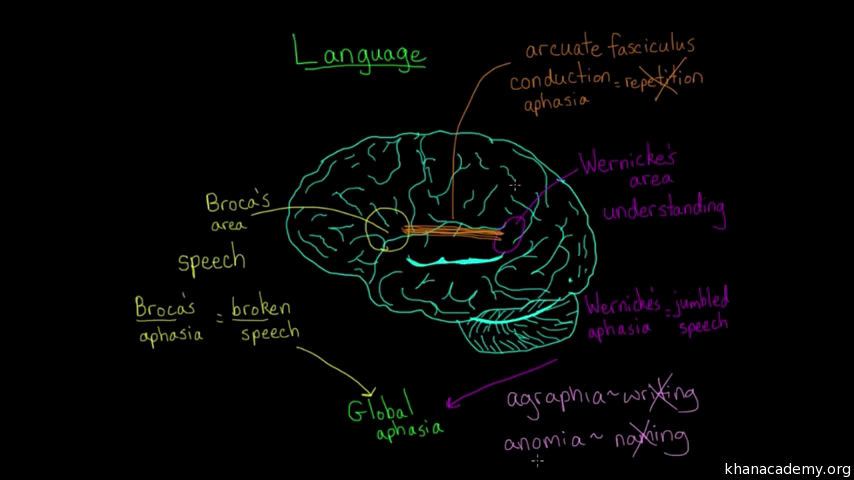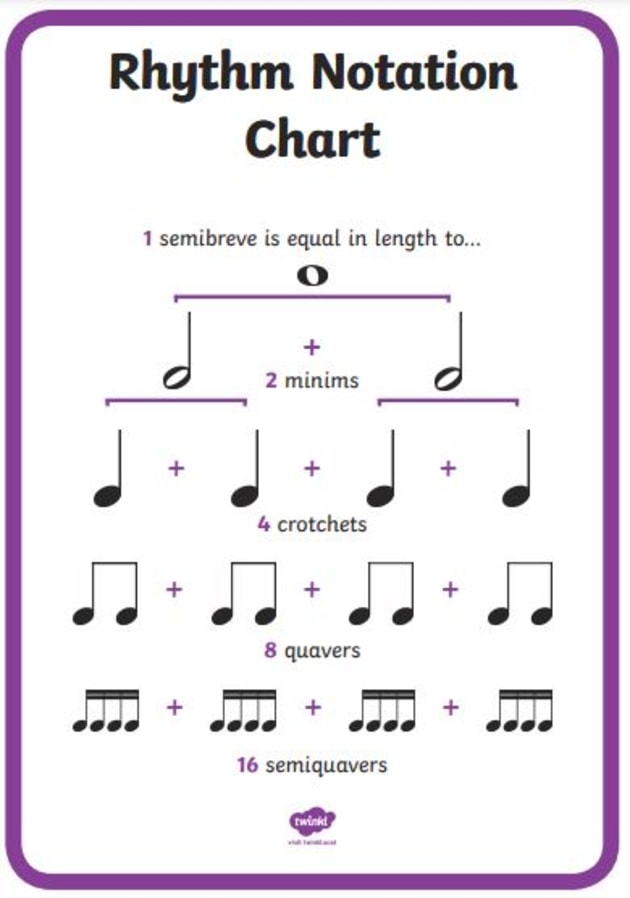Aphasia meaning - Aphasia Disease Meaning, Symptoms, Diagnosis, Treatment, Bruce Willis Brain Disorder
Thriving with aphasia
It is thus characterized as a nonfluent aphasia.
Once a theoretical framework has been established, the functioning of each module can then be assessed using a specific test or set of tests.
A person with aphasia often has relatively intact nonlinguistic cognitive skills, such as memory and executive function, although these and other cognitive deficits may co-occur with aphasia.
What Is Aphasia? All About Bruce Willis' Diagnosis
A person's symptoms may not fit neatly into a single aphasia type, and classification may change over time as communication improves with recovery.
McCauley said some family members of people with aphasia have reached back out to restart services during the pandemic.
Most studies have attempted to circumvent this challenge by utilizing non-verbal cognitive assessments to evaluate cognitive ability in people with aphasia.
- Related articles
2022 mail.xpres.com.uy









:max_bytes(150000):strip_icc()/aphasia-5187823_v1-5434cc16d0404e94b8d127af668bd375.jpg)























